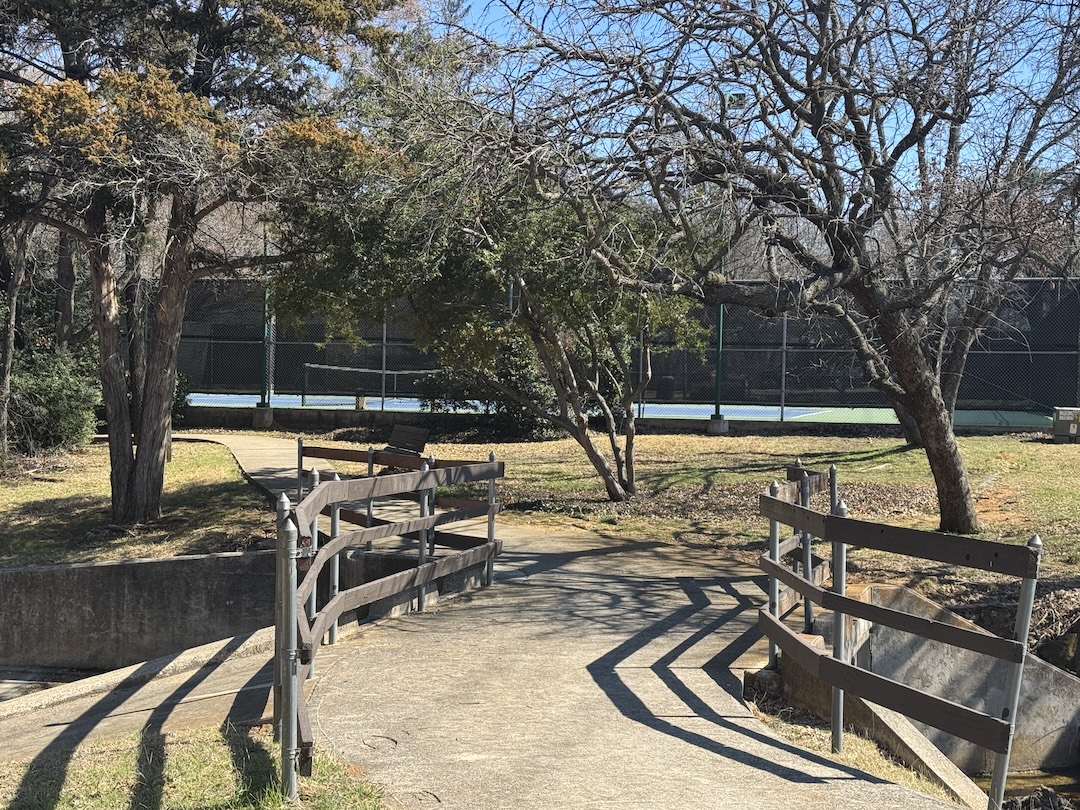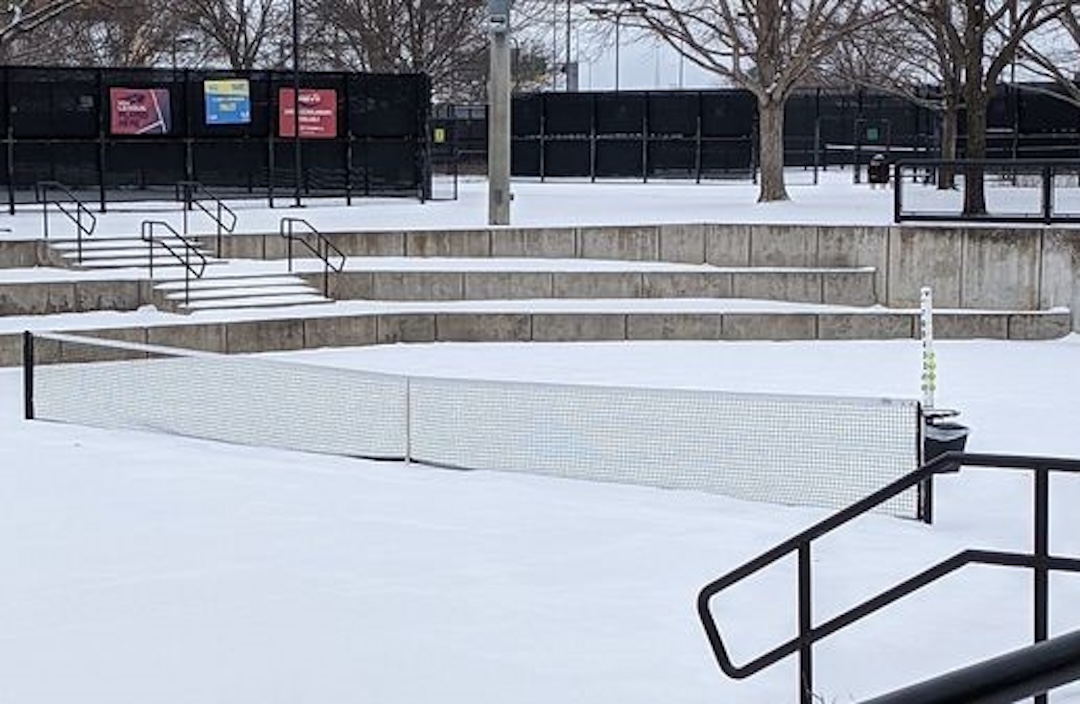Knowing where you want to go is a fundamental necessity when embarking on any personal journey of self-discovery. Decisions and actions become arbitrary without a clear sense of purpose. Navigation requires a compass to guide travelers toward a defined direction. It provides clarity, focus, and a sense of purpose. We are continuing to explore our “tennis life” compass this weekend by defining the foundation for effective decision-making that underpins what is personally meaningful.
There will be tremendous variation in what constitutes a meaningful and joyful tennis life from person to person. It is critically important to know yourself when going through this exercise. Understanding your innermost desires, strengths, and aspirations provides clarity on what truly matters to us.
From time to time, it is useful to consider your tennis life along the lines of the following questions.
- Why do you engage with tennis?
- What is the meaning and purpose of tennis?
- What is worthwhile in tennis?
- What does your personal experience, growth, and fulfillment look like within the tennis context?
This weekend I am encouraging everyone to examine those questions and to also write down the encapsulated results in the form of a short statement of purpose. Having this touchstone is incredibly useful as it provides clarity and direction by articulating your core values, beliefs, and purpose for your tennis life.
As a personal example, the most dominant introspective force guiding my own engagement with tennis is that I am highly competitive. Consequently, a large component of my “why” drives me to be the best player I can possibly be. My secondary meaningful force is a desire to build and support the tennis ecosystem to maximize the number of people who can have a positive experience with the sport.
I am surrounded by players who have different personal objectives for the sport. In fact, most people have it under the life part of work-life balance with no need for a third tennis life perspective. For those who could arguably benefit by carving tennis into the third view described yesterday, their motivations, strengths, and desires guide them to an entirely different set of objectives than those I have for myself. That is great because the tennis ecosystem needs high diversity of thought and action.
It is critically important to go through this exercise individually rather than adopting anyone else’s preconceived notion of what constitutes a meaningful tennis life. As a cautionary example, I think junior tennis is full of players who are slotted into a predefined framework of objectives for high performance when the personal desire simply isn’t there. In fact, that misalignment between intrinsic motivation and defined goals is a possible root cause of the chronic burnout that occurs within player development.
In essence, defining our personal “tennis life” compass not only empowers us to pursue the sport in a way that is aligned with our true selves but also serves as a safeguard against the pitfalls of preconceived external expectations. It is a mechanism that guides us toward engagement with tennis through actions and experiences that are deeply meaningful and personally rewarding.
I highly recommend that everyone take a few minutes to think through the questions outlined in this post. Write down a short summary of the results. Tomorrow we will discuss the benefits of revisiting that exercise from time to time.
Throughout 2024, I am publishing a series of essays imaging how to apply the principles in ‘Designing Your Life: How to Build a Well-Lived, Joyful Life‘ (<- sponsored link), which is a non-tennis book that I have come to believe that everyone should read.
A chronological summary of all posts on this topic is available on the Designing Your Tennis Life summary page.
Fiend At Court participates in the Amazon associates program and receives a paid commission on any purchases made via the links in this article. Details on the disposition of proceeds are available on the “About Fiend at Court” page.




